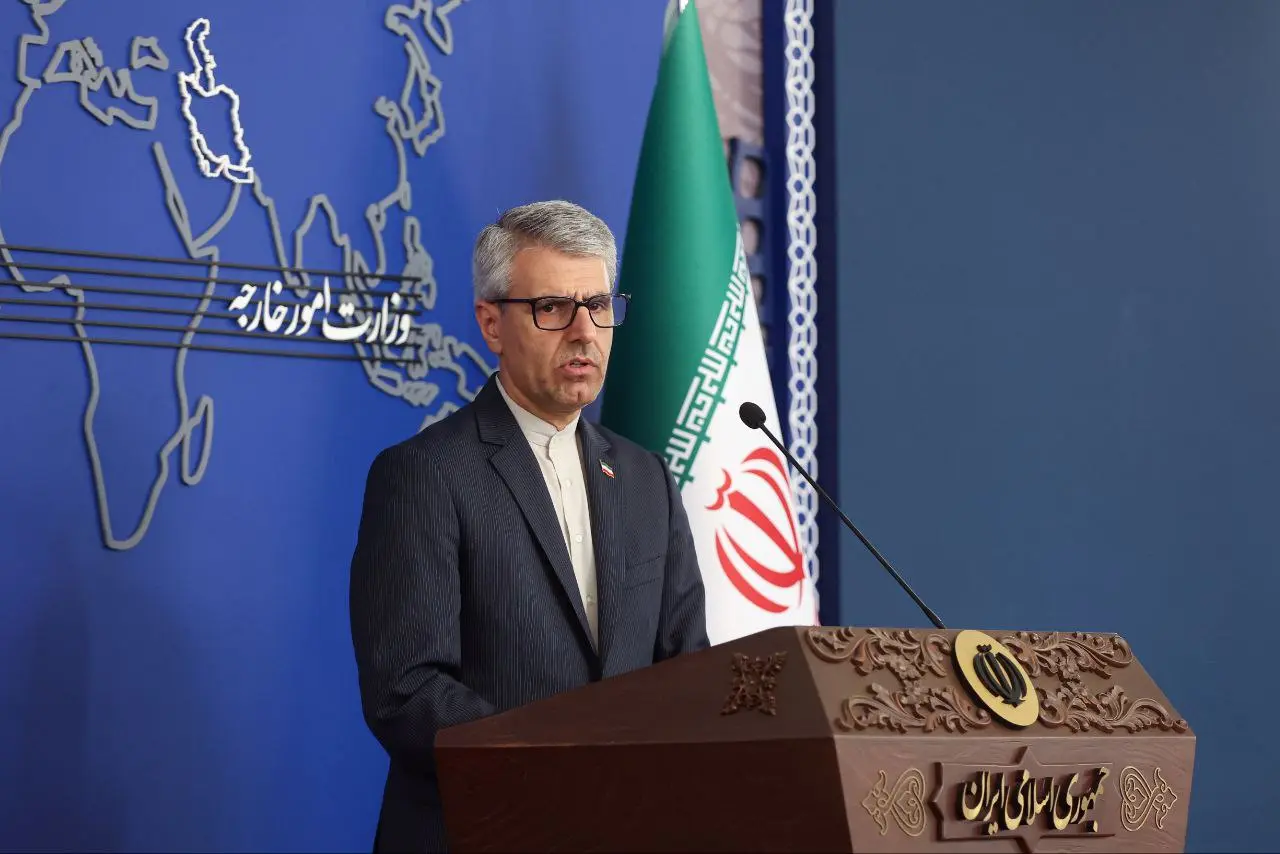Israeli Airstrikes in Syria Deepen Tensions With Türkiye

Bedouins in Suwayda killed by Druze militias, July 17, 2025. X/ @AyKarT0
July 18, 2025 Hour: 10:24 am
These regional powers have conflicting agendas and rival military footprints in the war-torn country.
Türkiye has upped its rhetoric against Israel following the Israeli airstrikes on central Damascus on Wednesday, its Defense Ministry calling the attacks a “dangerous provocation” that threatens regional peace at a time of fragile post-war recovery in Syria.
RELATED:
Syria’s Future Hangs in Balance Amid Sweida Violence and Israeli Strikes
On Monday and Wednesday, Israel launched waves of strikes on Damascus and Sweida, including the Syrian Army General Command headquarters and the presidential palace area in central Damascus, claiming to prevent the Druze minority from being harmed. The attacks have met with strong condemnation from the international community.
“Syria is a land of conflicting interests for Türkiye and Israel who each maintain military presence there for different reasons,” said Batu Coskun, non-resident fellow at the United Arab Emirates-based Trends Research and Advisory.
Coskun said the Israeli airstrikes constitute part of a wider Israeli destabilization strategy and a new escalation in the relationship between Türkiye and Israel, one that has suffered greatly due to Israeli actions in Gaza. However, a direct confrontation is not in the interest of both countries, he said. “It is unlikely that two allies of the United States would engage each other militarily.”
Türkiye has sought to position itself as a key stakeholder in Syria’s reconstruction and political normalization, leveraging its influence with Syria’s interim government while engaging Gulf states and Western actors. Against this backdrop, the Israeli airstrikes are interpreted in Ankara as attempts to derail a fragile diplomatic opening and test the limits of Turkish influence.
“Türkiye wants to present itself as a rational regional actor,” Coskun said. “By reaching out to Arab neighbors and the United States, Ankara is signaling that it has both the will and the capacity to lead a collective diplomatic response to what it views as Israeli aggression.”
For Ali Oguz Dirioz, associate professor of international relations from Ankara’s Tobb University, Israel is sending a two-pronged message with its actions.
“The first one is to the Syrian administration, telling them that Israel is a force to be reckoned, and the second to Türkiye, its regional rival, which firmly stands with the transitional government,” he said, noting that Israel and Türkiye both want more influence in Syria, but will ultimately avoid hostilities.
“Ankara sees this as an Israeli attempt to prevent the emergence of a new Syrian consensus that might be less accommodating to Israeli military dominance,” said Oytun Orhan, a senior researcher at ORSAM, an Ankara-based think tank specializing in regional security.
At home, the Turkish parliament has passed a motion condemning the Israeli attacks, calling them a “heinous violation” of international law and a breach of the UN Charter.
“This region is our region. Unilateral destabilization here is absolutely unacceptable,” Turkish Foreign Minister Hakan Fidan told reporters in New York on Wednesday while attending a meeting on Cyprus.
Beyond the immediate Israel-Türkiye dynamic, Ankara is also concerned about the broader security implications of renewed turmoil in Syria. One key fear is that non-state actors, particularly the People’s Protection Units (YPG), a Syrian Kurdish militia Türkiye considers an offshoot of the outlawed Kurdistan Workers Party (PKK), might exploit the chaos to expand their foothold in Syria’s north.
Turkish intelligence officials have reportedly conveyed Ankara’s concerns directly to their Israeli counterparts, signaling a willingness to confront any further provocations with increased readiness.
“Türkiye is walking a fine line,” Orhan told Xinhua. “On one hand, it is trying to avoid confrontation with Israel. On the other, it cannot ignore moves that challenge its core security interests and its vision for Syria’s future.”
Although a direct military clash remains unlikely, the Israeli airstrikes could mark the beginning of a more confrontational phase in Ankara-Tel Aviv relations, one in which proxy maneuvers, regional alliances, and diplomatic pressure define the battlefield. Despite the odds, Türkiye will want to resolve this crisis by ways of diplomacy and through its ties with the United States,” Orhan said.
teleSUR/ JF
Source: Xinhua






